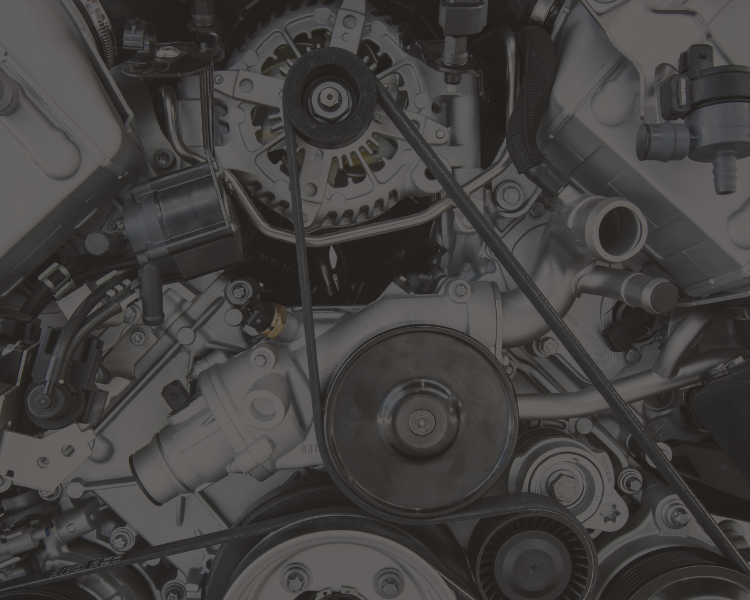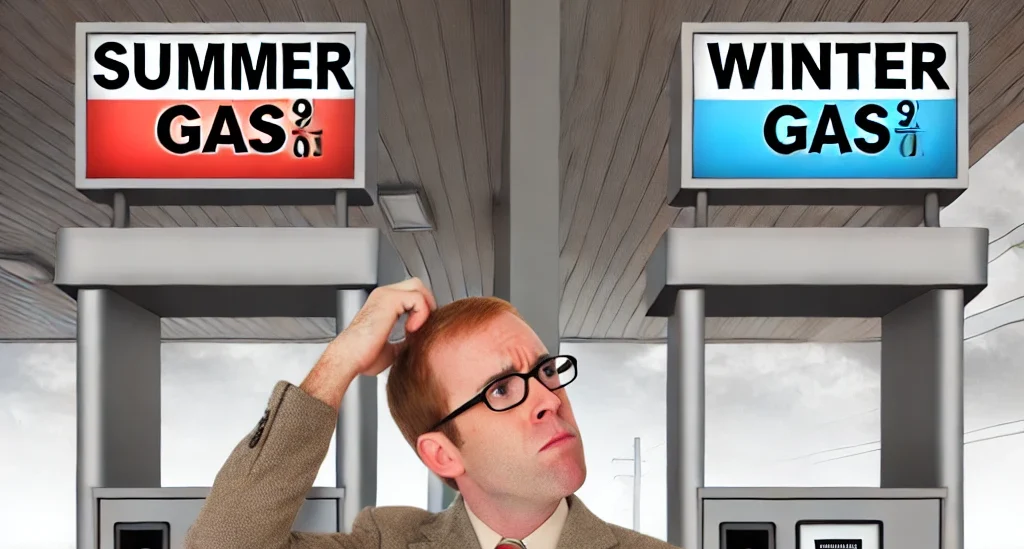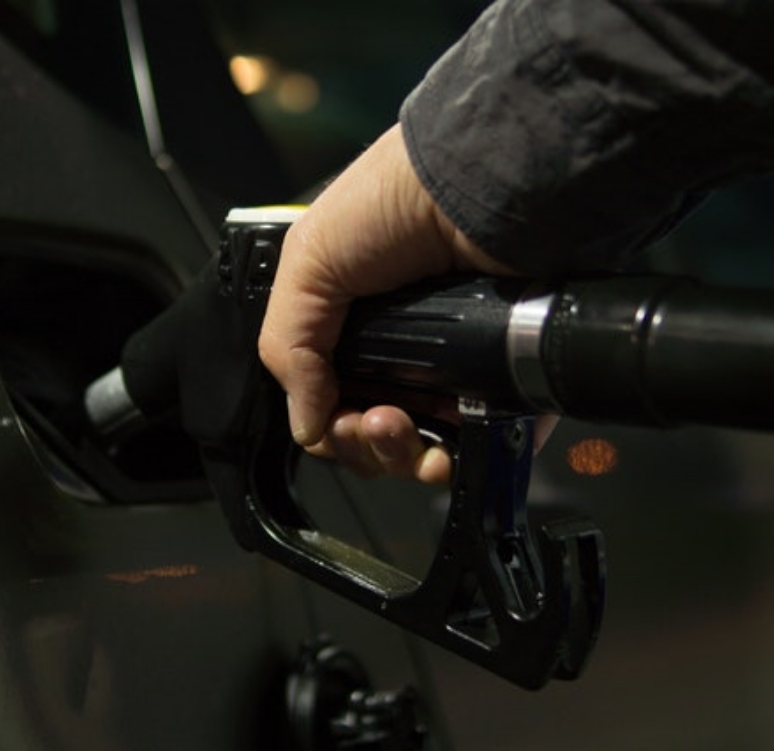What Determines the Life Expectancy of My Car?
Keeping your car running for years involves more than frequent oil changes and tire rotations. What determines the life expectancy of a car boils down to a variety of factors. Some factors you can control and others you, unfortunately, can’t. At Rislone, we want to help you keep your vehicle safely on the road for as long as possible.
Along with offering world-renowned engine, transmission and fuel system additives, we’ve created this informative guide that discusses how long your vehicle may last, how to make a vehicle last longer and how to know when it is time for you to upgrade to a new car.
Average Car Life Expectancy
How long do cars last? This is a question nearly every person wonders when purchasing a vehicle. As vehicles are some of the largest investments many people make during their lives, we don’t blame anyone who wants to find out which vehicle typically last the longest. While some brands and models may have higher average lifespans than others, the average life expectancy for new vehicles is nearly 12 years and 200,000 miles.
However, the latest technological advances are pushing that limit even further. The consensus is that electric cars will be able to reach an average of 300,000 miles within the next few years. Tesla has reported that one of their Model S cars has surpassed 400,000 miles. They also anticipate that the Model S will continue to run for another 600,000 miles. While these numbers are far from typical, technological advancements may help future vehicles reach exceptional mileages.
Which Make, Model and Year of Car Last Longest?
Which make, model and year of car will last the longest?
- Top three longest-lasting SUVs to reach 200k miles: Toyota Sequoia, Chevrolet Suburban and the Ford Expedition.
- Top three longest-lasting light-duty pickup trucks to reach 200k miles: Honda Ridgeline, Toyota Tacoma and the Toyota Tundra.
- Top three longest-lasting passenger cars: Toyota Avalon, Honda Odyssey and the Honda Accord.
- Top three longest-lasting ‘green’ cars: Toyota Highland Hybrid, Toyota Prius and the Toyota Camry Hybrid.
- Top three longest-lasting luxury cars: Lincoln Navigator, Cadillac Escalade and the Acura MDX.
- Top three longest-lasting sports cars: Audi TT, Mazada MX-5 Miata and the Ford Mustang.
- Top three cars most likely to reach 300k miles: Ford Expedition, Toyota 4Runner and the Toyota Sequoia.
Looking at this list, it shouldn’t surprise you that the top three brands most likely to reach 200k miles are Toyota, Honda and GMC. Does class size impact car lifespan? Class size can have an impact on your vehicle’s lifespan. This is due to different sized vehicles using different parts and systems. With the rising popularity of pickup trucks and SUVs over passenger cars, these models are being manufactured with better technology and more reliable parts.
Does mileage impact car lifespan? The goal of any car owner should be to get as many miles out of their vehicle as safely, securely and cost-effectively as possible. However, it should come as no surprise that the wear and tear on your car increases with every mile driven. Everything from the engine, transmission and fuel system to the tires, timing belt and computers have lifespans that decrease after continued use. While many cars can cross 200,000 on the odometer, elements of the vehicle may not.
Even though the latest models of vehicles, regardless of class, may eventually prove to last longer than previous creations, you may be surprised to learn that these cars have yet to set the record for the longest-lasting car. The five cars that have earned the top spots for most miles driven were all manufactured prior to 1980 — three over 50 years ago!
The World Record for Longest Lasting Car
According to Guinness World Records, the highest vehicle mileage officially recorded is 3,039,122. Irvin Gordon of the United States achieved this feat in his 1966 Volvo 1800S. His total mileage could circle the globe 120 times. He’s had the car since its manufactured year and drove it approximately 85,000 to 100,000 each year. The other four vehicles currently rounding out the top five are:
- #2: A 1976 Mercedes 240D recorded at approximately 2,850,000 miles.
- #3: A 1979 Volvo 245 GL recorded at approximately 1,630,000 miles.
- #4: A 1963 Plymouth Fury recorded at approximately 1,620,000 miles.
- #5: A 1963 Volkswagen Beetle recorded at approximately 1,610,000 miles.
When Is It Time for a New Car?
Although averages for how long a specific vehicle lasts can help you estimate the lifetime of your car, many different factors influence each car’s life expectancy. Some of these factors are things the owner does, such as using fuel system cleaners and keeping the engine tuned up, while others are outside of the owner’s control, like an untimely failure of parts or systems. Because these lifecycles vary, many owners wonder when the right time to purchase a new car is.
Numerous factors influence this decision. However, the following eight points are some common situations in which car owners upgrade their vehicles.
#1: Your Vehicle Requires Major Repairs
Whether you were involved in an accident or suffered an unexpected breakdown, a trip to the mechanic can quickly become expensive. If the estimate you receive is much higher than you’re willing to pay, you may consider getting a new car. This is especially true if you have an older model that likely won’t get you much in trade-in or sale value. Look up the resale value of your make, model and year then compare it to your repair estimate.
For example, some major repairs may cost thousands of dollars. Even a new set of tires can reach into the hundreds. If your car’s estimated value is no higher than $2,000, it may be a smarter decision financially to invest the money you’d spend on repairs into a newer car.
#2: You’re Putting Too Much Money Into It
Constant minor repairs can be just as inconvenient and costly as infrequent major repairs over the long run. Although routine maintenance requires an investment, you shouldn’t have to fix elements of your car consistently. Gather all of your repair and replacement receipts from the last few years and figure out how much extra you’re paying on average per month to keep your car running. If this amount is near a monthly payment for a newer vehicle, it may be time to upgrade.
#3: You Don’t Feel Safe Driving It
Your safety and the safety of your passengers and other drivers should always be your top priority. Regardless of the condition of your car, including whether or not you’ve made repairs or replacements, you should never continue driving your vehicle if you do not feel safe. Strange noises, seemingly unfixable problems and a feeling of limited control are all signs that you aren’t feeling as safe and secure in your car as you should be. Maybe it’s time to invest in peace of mind.
#4: The Vehicle Doesn’t Meet Your Lifestyle Needs
Some issues have no other solution than to purchase a newer vehicle. A two-seater pickup truck cannot accommodate a children’s car seat just as a small two-door sedan cannot provide the space needed to haul large loads. Take a moment to note the issues you encounter during your everyday driving and determine whether or not having a different vehicle could solve them. If your vehicle doesn’t cater to the needs of your daily lifestyle, consider investing in one that will.
#5: You Want the Latest Upgrades
Sometimes your current car runs perfectly fine, but its age means it lacks the new technology features and systems that current models include. Blindspot monitoring, backup cameras, front-end collision warnings, infotainment systems and powerful LED lights are just a few of the features that come standard in many of the vehicles produced over the last few years. If you want to enhance your commute with dynamic features that make driving safer, more comfortable and more entertaining, start looking for the right newer model for you.
#6: The Vehicle’s Appearance Bothers You
No one should ever feel ashamed or embarrassed about the condition of their vehicle. Every individual has different financial abilities, and owning a vehicle is a proud accomplishment in itself. However, that doesn’t stop some car owners from wincing at their car’s appearance, especially when driving around friends, family members or coworkers. If you notice that you’re self-conscious when dropping kids off at school, commuting to work or just driving around town, maybe a newer car with a more attractive interior and exterior will boost your confidence.
#7: Your Insurance Costs Are Too High
Are you paying more than you would like for your car insurance? Purchasing a different car may help you lower your rate. Many factors impact your insurance rate, particularly the features of the vehicle itself. Its year, make and model will influence rates as will the safety features on the car. However, even though a newer car may be rated at a higher premium, purchasing a newer or different vehicle may make you eligible for discounts or other savings. Speak with your insurance provider to compare insurance options.
#8: You Need Better Fuel Efficiency
Older cars have lower fuel efficiency. This is no secret, but some car owners might not realize just how much money they could save on gas if they purchased a newer vehicle. A car manufactured in this decade will have many more fuel-efficient features to limit your visits to the gas station. Check your weekly mileage and consider how many times you fill up your car each week with your normal commute and errands.
Products That Will Make My Car Last Longer
When is it time for a new car? For some car owners, it was yesterday. However, just because your vehicle is older doesn’t mean you need to swap it out for a newer model right away. In fact, there are plenty of products that you can use regularly to help your car’s components last for years to come. Before you schedule a trip to the dealership, consider trying to boost your car’s lifespan with these helpful products.
Products for the Engine
As the heart of your vehicle, your engine needs constant care and attention. To achieve the highest level of reliability, performance and longevity, we suggest that you use Rislone engine treatment products. For over a century, we’ve perfected our engine treatment products to provide optimized oil performance, reduced mechanical friction, enhanced torque and the best protection for your vehicle’s engine no matter its age or how many miles it’s racked up.
- What are engine treatments? As your engine operates, deposits of substances like varnish and sludge form inside the engine and plug oil passages. By using an engine conditioner and cleaner like the Rislone Engine Treatment additive, you can remove these deposits and prevent them from forming. This additive will keep the engine clean and reduce friction that causes noise and degrades its parts. We also offer the Rislone High-Mileage Engine Treatment solution, which is ideal for keeping internal engine parts clean in older vehicles that have high mileages.
- What are oil treatments? Older engines with high mileage may have lower oil pressure and make displeasing noises as moving parts rub together. Oil treatments, such as Rislone High-Performance Oil Treatment, can increase your oil pressure and deliver exceptional performance. This additive will also reduce friction and wear of moving parts, helping your engine run more smoothly and quietly.
- What are engine and oil performance boosters? Engine and oil treatments are helpful solutions that you should regularly use, but if you want to get your engine up to the maximum performance level possible, you should use engine and oil performance treatments. Our Nano Prime Engine + Oil Performance Booster will increase your horsepower and torque while reducing wear on your engine. Adding this solution also prevents sludge buildup and helps keep your engine clean.
- What are smoke repair treatments? If you’ve noticed blue exhaust smoke coming from your vehicle, that means that oil is leaking through the engine’s pistons and rings and is burning with the gasoline. Even if you’re using oil treatments in your car, leaking oil can still cause problems. Add Ring Seal Smoke Repair treatment to your engine oil to stop blue exhaust smoke, reduce oil burning and seal the worn pistons and rings in your engine.
- What are compression repair treatments? As your engine wears down over time, you’ll experience lower compression and power loss. Low engine compression may be the result of sealing loss or scratches in the cylinder walls, leading to lower mileage and higher oil consumption. By using a compression repair treatment like our Compression Repair with Ring Seal additive, you can eliminate blow-by loss, rebuild compression, restore your lost power and renew your worn engine.
Products for the Fuel System
While many car owners do acknowledge how vital their transmission and engines are, some don’t realize that the fuel injectors are also critical components that impact the lifespan of your car. Dirty fuel injectors can create significant problems in fuel economy and drivability, causing blockages that damage your fuel system. Rislone’s line of award-winning fuel treatment products is designed to clean and protect your fuel injector system for the long haul.
- What are fuel system treatments? There’s no way to tell whether the gasoline you’re putting in your car is of high or low quality. Low-quality gasoline can leave contaminants in your fuel system, which reduces performance. A complete fuel system treatment will clean the full system, including the valve and combustion chamber. Our Gasoline Fuel Treatment and Diesel Fuel Treatment are the best gasoline additives money can buy to increase your power, performance and gas mileage.
- What are fuel injector cleaners? Your fuel system needs a tune-up just like your engine does. By using a fuel injector cleaner, you’ll clean both the fuel pump and injectors. When used every time you fill up your gas tank, you’ll notice enhanced performance and power, including a reduction in hard starting, rough idling and hesitation. Our Fuel Injector Cleaners come in two sizes — a convenient six-ounce bottle and an economy-sized 32-ounce bottle.
- What are octane booster treatments? No matter which type of engine you have, it may suffer from spark knock due to low-quality gasoline. Spark knock occurs when air and fuel combine to create an explosion that can damage the inside of the engine. An additive like the Rislone Super Concentrated Octane Booster can prevent spark knocking and restore lost horsepower.
Products for the Transmission
The transmission is another critical component of your vehicle that needs plenty of attention. Problems with your transmission may require repairs, rebuilding or complete replacements depending on the severity of the issue. No matter which problem it is, it will likely be an expensive estimate. Transmission work could run anywhere from a few hundred to a few thousand dollars. One way to help your transmission last longer is to use a transmission stop-slip treatment.
- What are transmission stop-slip treatments? Over time, the wear and tear on your transmission may cause it to slip as it changes gears. This may be due to missing transmission fluid, overheating or poor fluid quality. When the transmission slips, you’ll notice a loss of performance and likely hear or feel it slipping. Thankfully, Rislone Transmission Stop Slip with Leak Repair will eliminate slipping, repair your hard shifting and prevent leaks and fluid loss. This simple formula provides instant results and reduces slipping.
Keep Your Vehicle Running Longer With Rislone Additive Products
The best way to get the most out of your car is to take care of it. Routine maintenance goes a long way — even as far as thousands of miles more if completed consistently and correctly. Rislone wants to help you keep your engine, transmission and fuel system at their peak performance levels. Our line of additives is specially formulated to clean the inner parts of your car’s most vital components as soon as initial use.
Your car is what it eats — make sure you’re getting the most out of it by putting only the best additives into it. Browse our inventory of fuel system cleaners, engine treatments and transmission leak repair additives that have been trusted by car owners around the world for over 100 years. To learn more helpful tips on how to make your vehicle last longer, visit our blog or contact us today!




